Technological Innovation in Paper Cup Making Automatic Machine
Introduction to Technological Innovation in Paper Cup Making Automatic Machine
The paper cup making industry has witnessed significant technological advancements in recent years, particularly in the development of automatic machines. These machines have revolutionized the production process, increasing efficiency, reducing waste, and improving overall product quality. This article will explore the key technological innovations in paper cup making automatic machines and their impact on the industry.
Advanced Material Handling Systems
One of the crucial technological advancements in paper cup making automatic machines is the integration of advanced material handling systems. These systems enable seamless movement of raw materials, such as paperboard and coatings, throughout the production process. By automating material handling, manufacturers can achieve higher levels of precision and consistency in cup production, leading to improved product quality and reduced downtime.
Precision Cutting and Forming Mechanisms
Another key innovation in paper cup making automatic machines is the implementation of precision cutting and forming mechanisms. These mechanisms use advanced sensing technologies to accurately cut and shape paperboard into cups of various sizes and designs. By enhancing the precision of cutting and forming processes, manufacturers can minimize material wastage and optimize production efficiency.
Integrated Quality Inspection Systems
To ensure consistent product quality, modern paper cup making automatic machines are equipped with integrated quality inspection systems. These systems utilize sensors and cameras to detect defects, such as misaligned seams or inadequate coating, during the production process. By automatically identifying and rectifying issues in real-time, manufacturers can maintain high-quality standards and reduce the likelihood of defective products reaching the market.
Efficient Heat Sealing Technologies
Heat sealing is a critical step in the paper cup manufacturing process, as it ensures the structural integrity of the cups. Technological innovation has led to the development of efficient heat sealing technologies in automatic machines, such as induction sealing and ultrasonic sealing. These advanced techniques offer faster sealing times, improved seal strength, and enhanced energy efficiency, contributing to higher productivity and lower operating costs.
Smart Control Systems and Automation
The adoption of smart control systems and automation has been a game-changer in the paper cup making industry. Modern automatic machines are equipped with intelligent control interfaces that allow operators to monitor and adjust production parameters in real-time. By automating repetitive tasks and optimizing machine settings, manufacturers can streamline operations, reduce human error, and increase overall productivity.
Environmental Sustainability Features
In response to growing environmental concerns, technological innovation in paper cup making automatic machines has focused on incorporating sustainability features. Many manufacturers are now using biodegradable and compostable materials for cup production, as well as implementing energy-saving systems to reduce carbon emissions. By prioritizing environmental sustainability, the industry is not only meeting regulatory requirements but also appealing to eco-conscious consumers.
Future Prospects and Industry Outlook
Looking ahead, the future of paper cup making automatic machines appears promising, with ongoing research and development efforts focused on enhancing efficiency, reducing costs, and improving sustainability. As technology continues to evolve, we can expect to see further advancements in materials, processes, and automation systems, ultimately shaping the future of the paper cup manufacturing industry.
Conclusion
The technological innovations in paper cup making automatic machines have transformed the industry, enabling manufacturers to produce high-quality cups efficiently and sustainably. From advanced material handling systems to smart control interfaces, these innovations have reshaped the production process and set new standards for quality and efficiency. As the industry continues to embrace technological advancements, we can anticipate further improvements in productivity, quality, and environmental sustainability in the years to come.




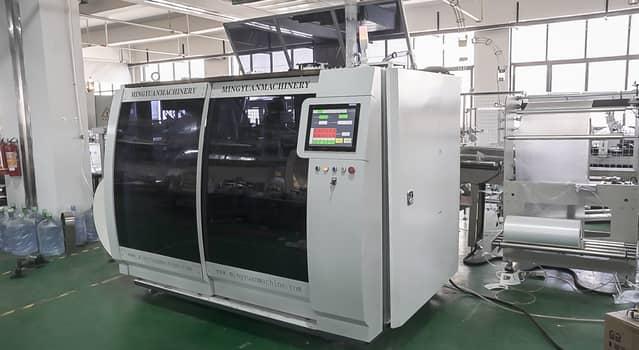
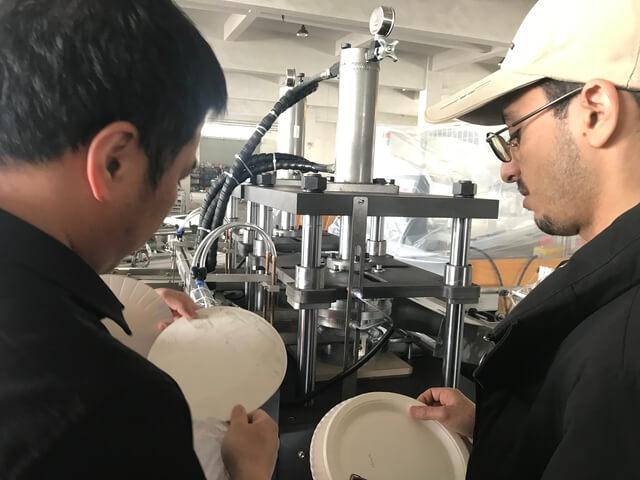
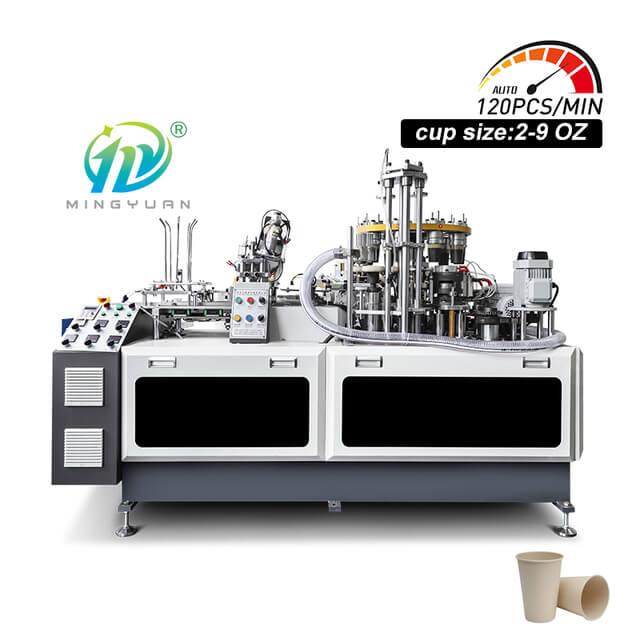
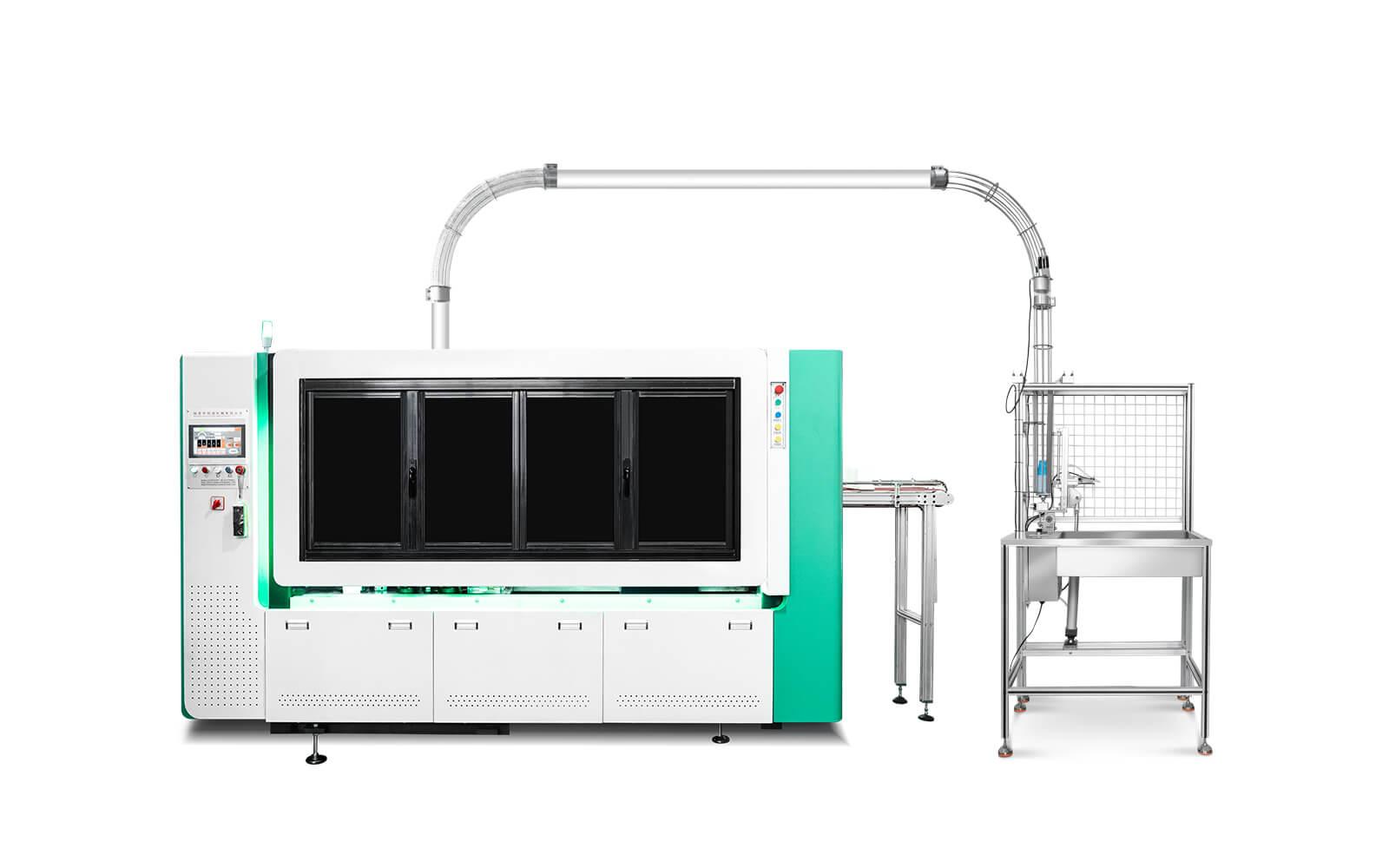
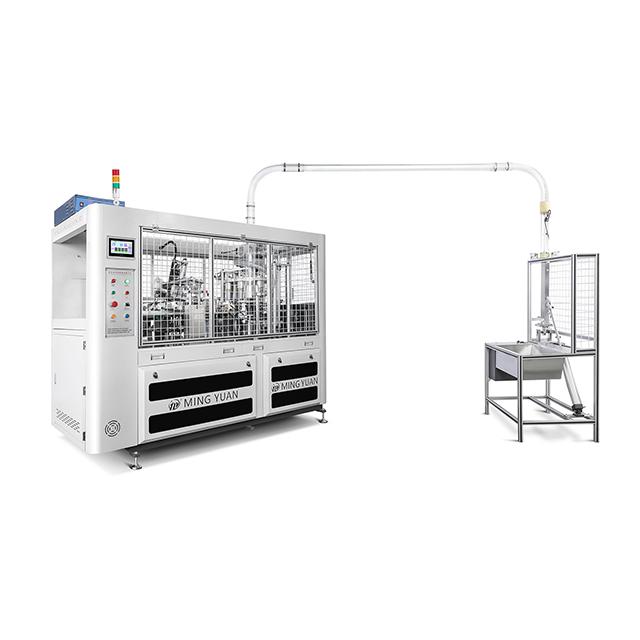
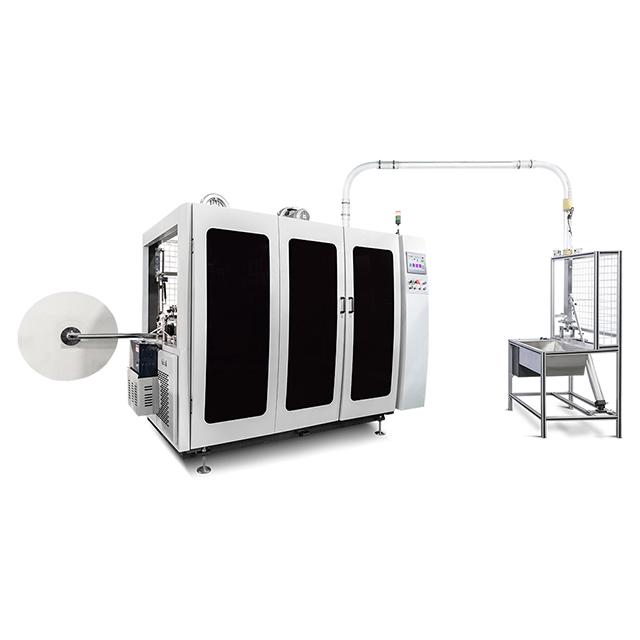
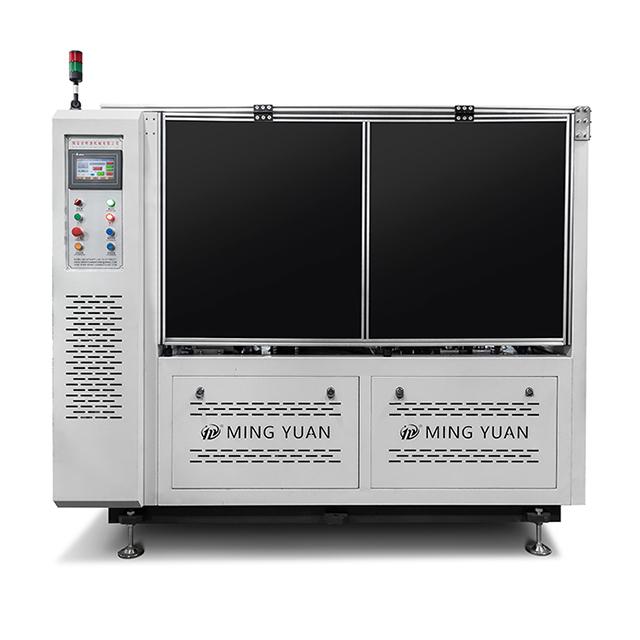
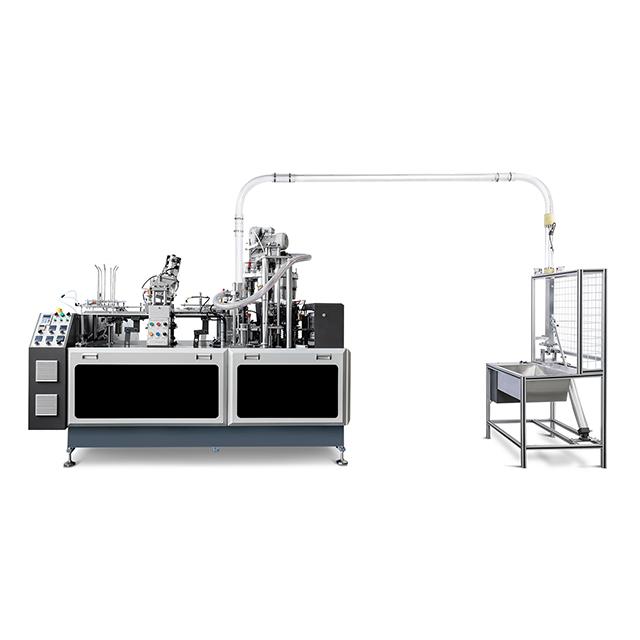
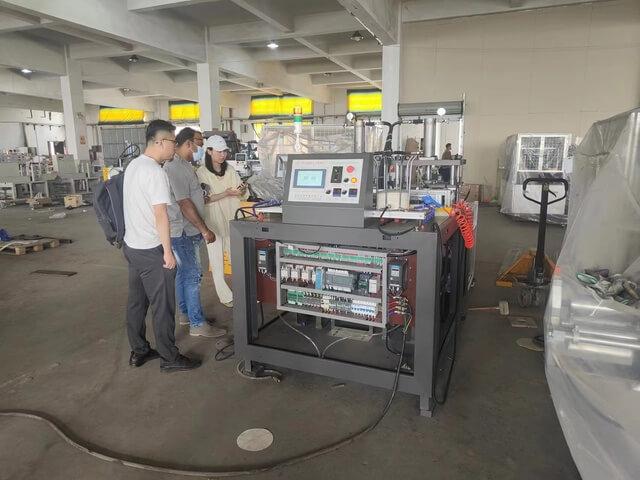
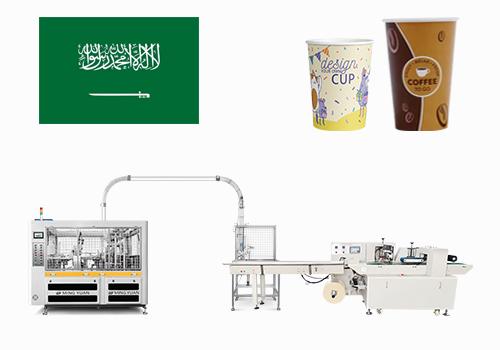
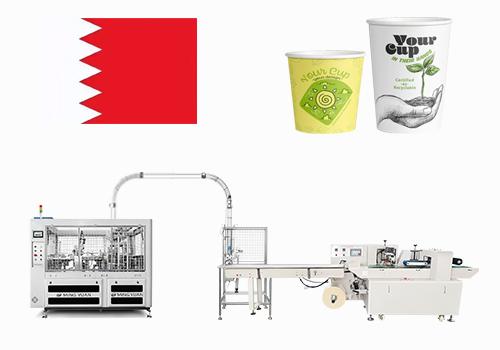

 Tel: +86-19057361870 / +86 577 65567060
Tel: +86-19057361870 / +86 577 65567060  Email: paperproductwholesaler@gmail.com
Email: paperproductwholesaler@gmail.com MP/WhatsApp: +86-19057361870
MP/WhatsApp: +86-19057361870 Manufacturer Address:No.1588, Huaming Road, Feiyun Street,Ruian City Zhejiang Province -325200 China
Manufacturer Address:No.1588, Huaming Road, Feiyun Street,Ruian City Zhejiang Province -325200 China




